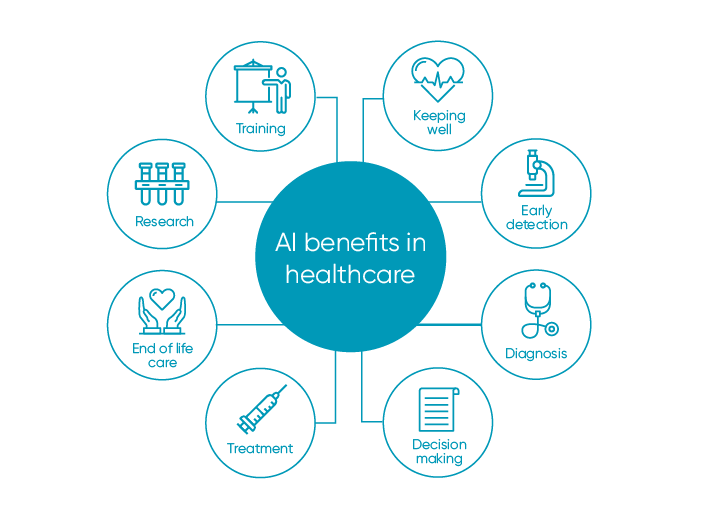AI, ChatGPT show promise in making medical visits more effective
BOSTON ‒ Dr. Rebecca Mishuris remembers her mother, also a doctor, bringing home her patients' medical charts every night and working on them long after she'd gone to bed. For years, Mishuris, a primary care physician at Brigham and Women's Hospital, repeated the ritual herself. But no more.
Since last summer, she's been piloting two competing software applications that use large-language models and generative artificial intelligence to listen in on, transcribe, and summarize her conversations with patients. At the end of a patient visit, it takes her just two to three minutes to review the summary for accuracy, cut and paste a few things into the patient's health record, and hit save.

"I look at my patients now (during a visit)," said Mishuris, who oversees the pilot project across 450 Mass General--Brigham-affiliated providers and plans to expand to 800 within the next month. "It's a technology that puts me back in the room with my patient as opposed to putting up a barrier between me and the patient."
Adopting AI in Medicine
Mishuris, chief medical information officer and vice president of digital at Mass General Brigham, is among the earliest adopters of artificial intelligence in medicine, a field known for being slow to adapt to change. While some other doctors have incorporated AI and large-language models, such as ChatGPT, that analyze reams of online language, into their practices, Mishuris and a team 200 miles away at NYU Langone Health are among the few who have opted to study its use.

They want to ensure the technology improves overall care before they adopt it more widely. Dr. Devin Mann, strategic director of digital innovation at NYU Langone's Medical Center Information Technology, emphasizes the importance of understanding how these tools work before widespread implementation.
Challenges in Medical Technology
Electronic health records have become essential tools in medicine, replacing the rooms full of paper documents that were hard to maintain and subject to fires and other losses. However, the shift to electronic health records has been met with challenges. Patients and doctors alike have faced difficulties in adapting to the new systems.

Dr. Christine Sinsky, vice president of professional satisfaction at the American Medical Association, highlights the burden and burnout physicians experience due to increased desk work related to electronic health records. This shift has led to reduced face-to-face time with patients and increased administrative tasks.
Exploring Solutions
While AI and large-language models offer potential solutions to these challenges, there are concerns about losing the personal touch in patient care. Sinsky suggests that a balance between technology and human interaction is crucial for quality care.
Early responses to AI integration at Mass General Brigham and NYU Langone have been positive, with many reporting a reduction in documentation burden and improved efficiency. These initial studies aim to determine the effectiveness of AI technology in improving medical visits and overall patient care.
Ultimately, the successful adoption of AI in healthcare will depend on the willingness of doctors to embrace these technological advancements and the comfort level of patients in their use.





















